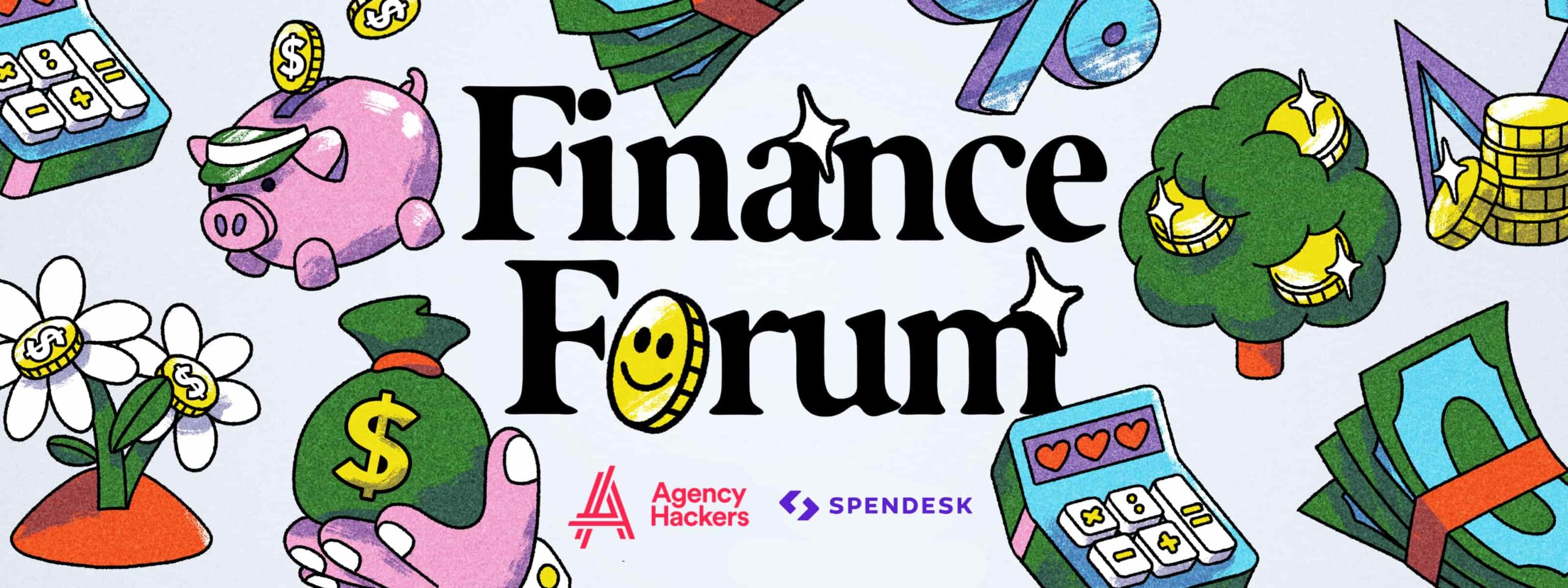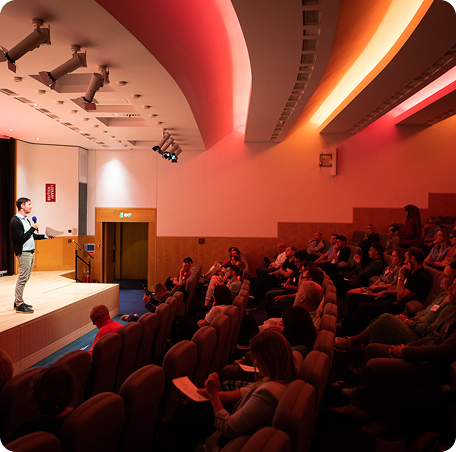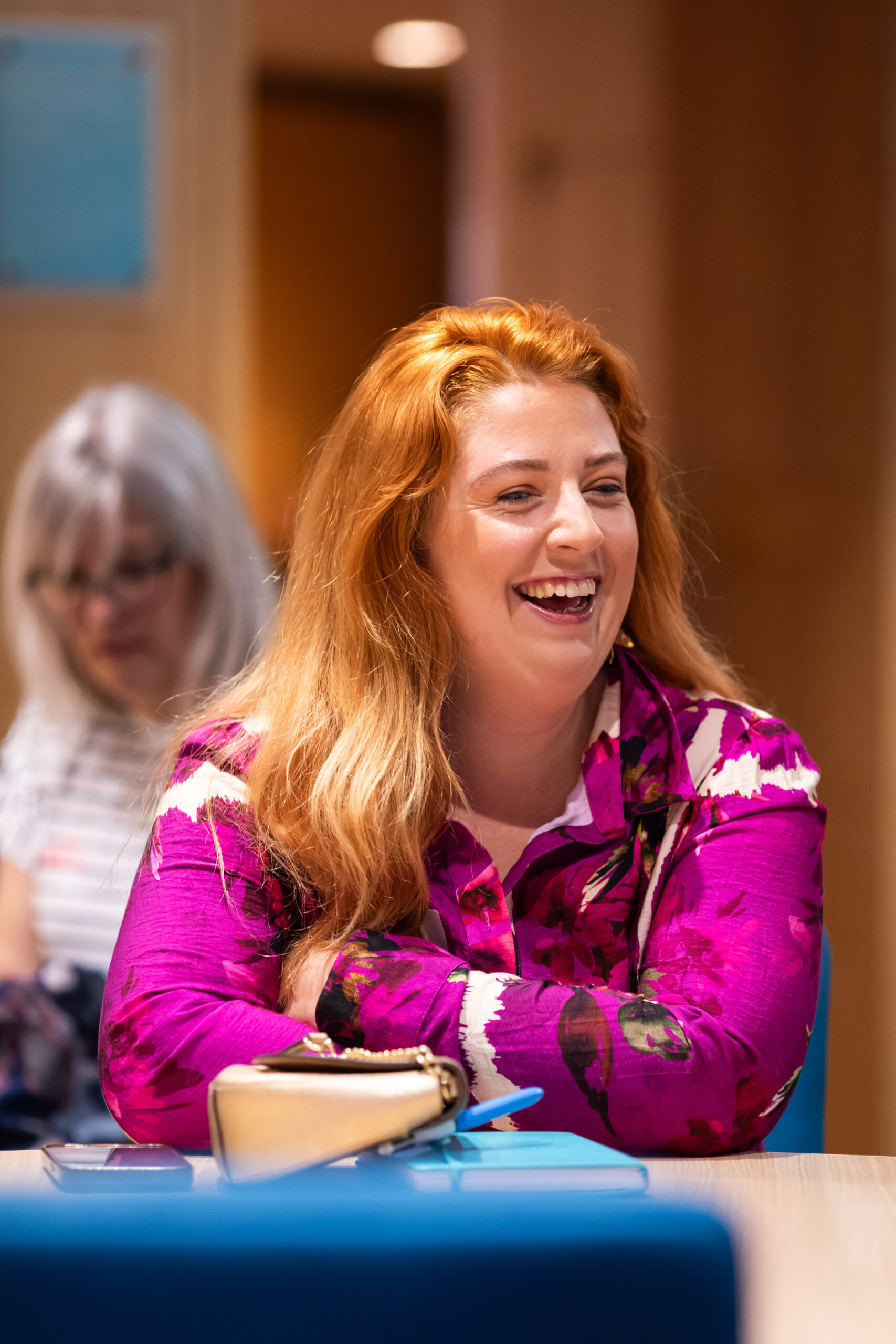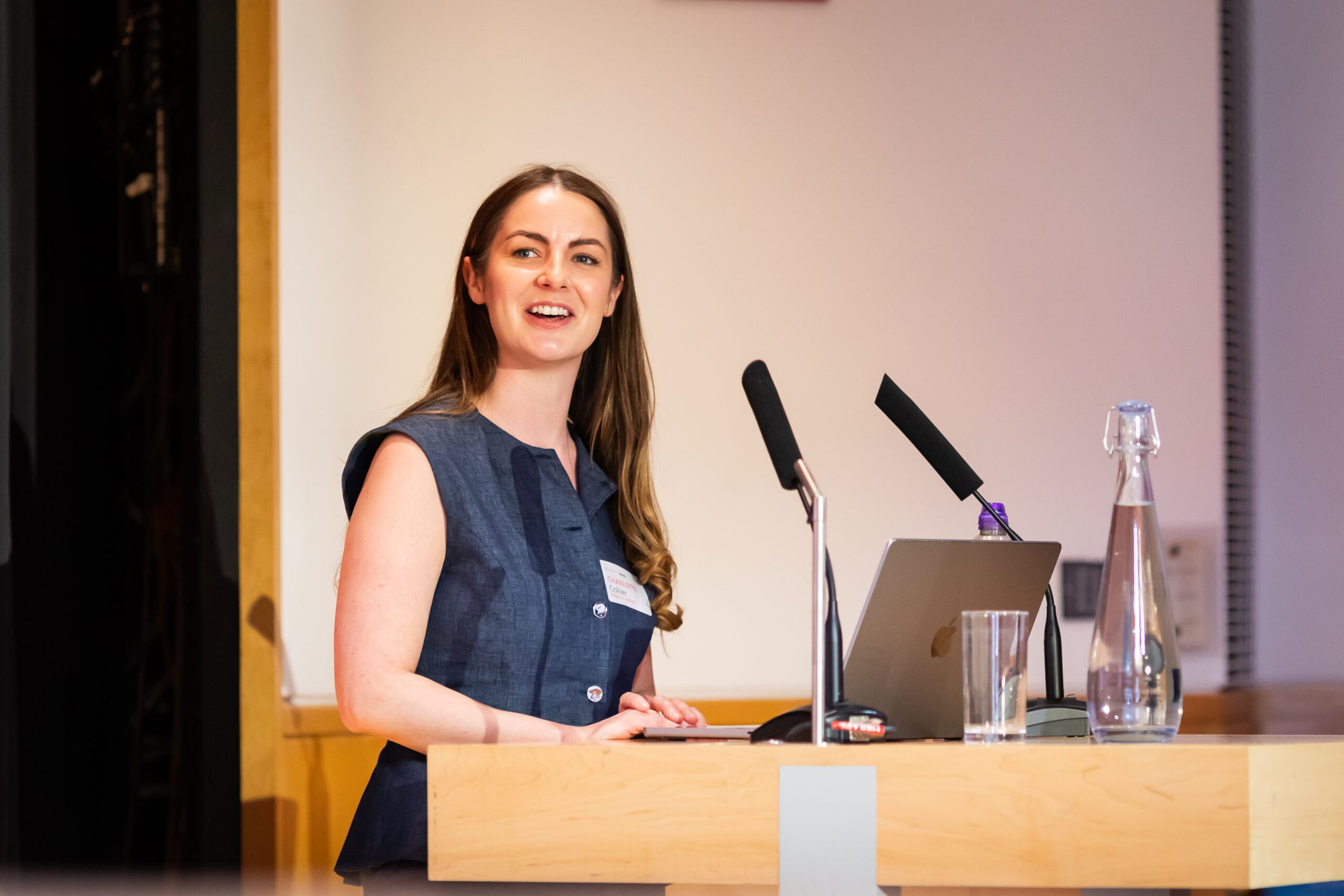Live events 🎤
👋 Agency Hackers conferences are open to everybody, but members get discounts and priority booking.
⬇️ Below are the latest ones we are running. Many of our events sell out, so please keep an eye out for “limited capacity” warnings.

-

Agency Growth Summit
Meet other growing agencies, learn from agency leaders who’ve scaled and beyond, share your vision, make new friends to join your quest for growth.
-

The Robots Are Coming (to New York!)
Is your agency ‘all-in’ on AI, or are you still dabbling with it here and there? Get inspired to deploy AI in your agency, and learn first-hand how other agencies…
-

Agency Comedy Night NYC
Laugh your ads off at the original comedy night for agency life! Agency Comedy Night NYC is where agency stories get roasted, inside jokes land hard, and the madness of…
-

Dopamine: The Agency Creatives Conference
Meet other creative directors and share how you’re balancing creativity with commerciality.
-

Finance Forum: The Agency CFO Conference
Join us for an afternoon of inspiring talks and case studies, and discover fresh ideas to future-proof your agency’s finances.
-

The Robots Are Coming
Is your agency ‘all-in’ on AI, or are you still dabbling with it here and there? Get inspired to deploy AI in your agency, and learn first-hand how other agencies are using…
-

Clockwork: The Agency Process and Operations Conference
Are you on a journey to improve your agency’s process and operations? Join us for an afternoon of inspiring talks and case studies, to help you decide what will help…
-

Limited capacity
Miami Super Summit
The Miami Super Summit is a two-day agency leadership experience full of impactful talks, curated conversations, and unforgettable connections.
-

Happy Clients
This is your chance to hear how other agency client services leaders are engaging clients, growing accounts and developing their roles. Get inspired, and take away ideas to implement in…
-

Agency Growth Summit – July 2026
Meet other growing agencies, learn from agency leaders who’ve scaled and beyond, share your vision, make new friends to join your quest for growth.
-

Limited capacity
Ibiza Super Summit
Work on your business and let your hair down with 200 other ambitious agency leaders, on the magical island of Ibiza. Enjoy expert talks, intimate workshops, poolside networking, and the kind…
-

The Robots Are Coming – October 2026
Is your agency ‘all-in’ on AI, or are you still dabbling with it here and there? Get inspired to deploy AI in your agency, and learn first-hand how other agencies are using…
-

Clockwork: November 2026
Are you on a journey to improve your agency’s process and operations? Join us for an afternoon of inspiring talks and case studies, to help you decide what will help…
don’t miss














